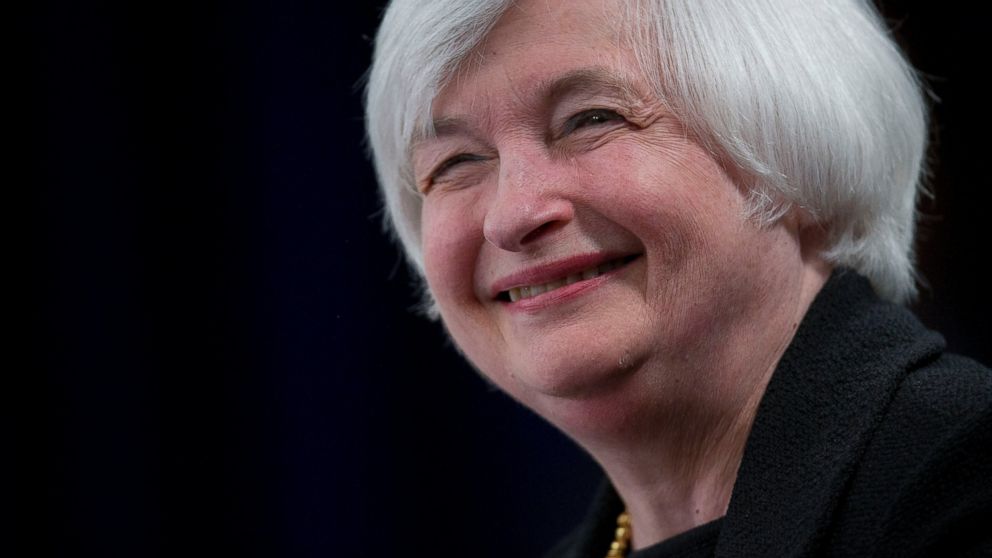What Households Should Know Following Fed Decision to Keep Interest Rates Unchanged
The Federal Reserve has kept interest rates near zero since 2008.

— -- The Federal Reserve's decision today to keep interest rates unchanged may mean consumers can make some decisions while rates remain near zero.
Mark Zandi, chief economist with Moody's, said he expects the Fed to begin raising rates before the year is over.
"However, the longer they wait to begin normalizing rates, the greater the risk they will be forced to play catch up and raise rates more aggressively in the future," Zandi said. "It is much better for the economy long-run to normalize rates in a slow and orderly way."
The Federal Reserve hasn't raised interest rates since 2006 and rate shave stayed near zero since December 2008. Federal Reserve Chairwoman Janet Yellen said during a news conference today that due to "heightened uncertainties abroad and the slightly softer" expected path for inflation, the committee will wait for further economic evidence before making a move in rates.
Here are some of the things households can be mindful of before the Fed may raise rates in the future:
1. Bank fees
The Federal Reserve is keeping the federal funds rate, which influences borrowing costs for banks, in the target range of zero to a quarter percent.
While interest rates remain near zero, bank fees may remain low and credit card issuers may continue to offer zero-percent balance transfers, Bankrate.com chief financial analyst Greg McBride said.
2. Your mortgage
While Freddie Mac chief economist Sean Becketti forecasts a moderate increase in mortgage rates over the next 18 months, mortgage rates are low by historical standards. The 30-year fixed-rate mortgage averaged 3.91 percent for the week ending Sept. 17, Freddie Mac reported today, up from last week when it averaged 3.9 percent and 4.23 percent a year ago. The 15-year fixed-rate mortgage averaged 3.11 percent, up from last week's 3.1 percent and 3.37 percent a year ago.
Any rise in interest rates will be gradual if the Fed raises rates in the future, starting with a fraction of a percentage point most likely. Therefore, potential homeowners shouldn't rush to buy a house this year, especially if it's not within their means. However, homeowners with adjustable rate mortgages and home equity lines of credit should be mindful that the cumulative effect of interest rate hikes over the course of the next couple of years could have a dramatic effect, McBride said.
McBride's advice to homeowners is, "Refinance into a fixed-rate mortgage now, or see if your home equity lender is among those that offers the ability to fix the interest rate on the outstanding balance of your home equity line."
3. Auto loans
The central bank's decision can affect borrowing when it comes to auto loans, but again, any future rise in interest rates and its effects will likely be gradual.




